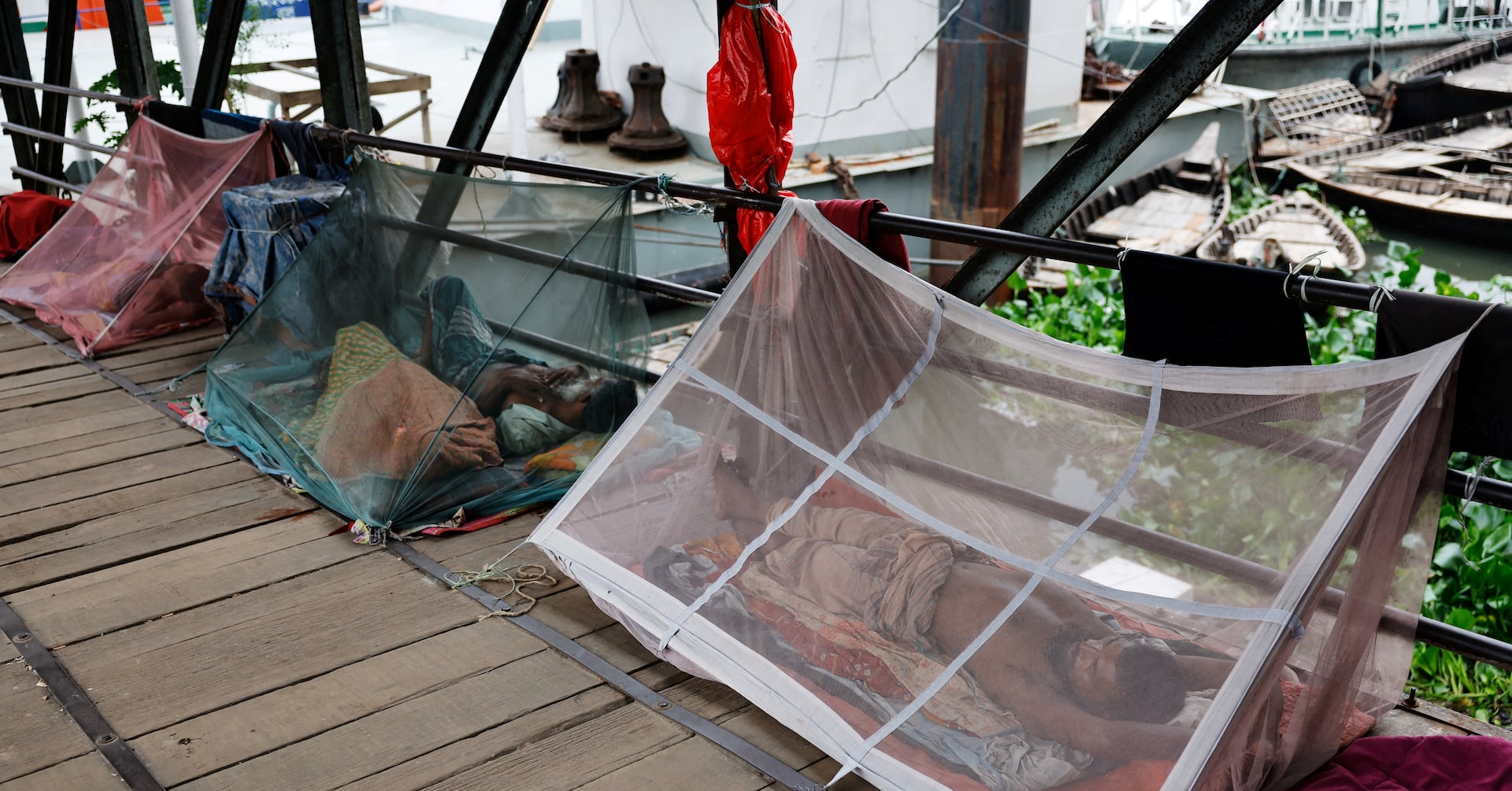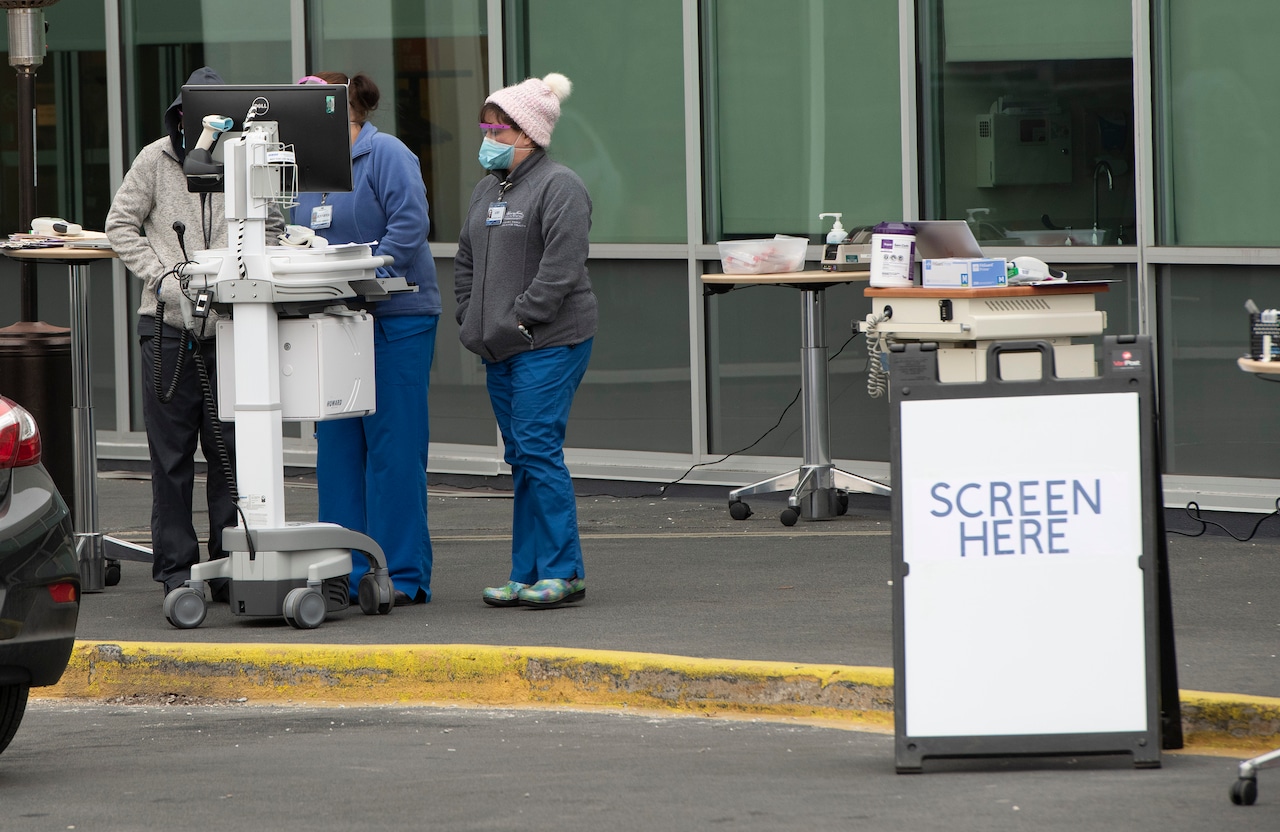Viral Storm Sweeps Bangladesh: Dengue and Chikungunya Push Healthcare to the Brink

Bangladesh is grappling with a rapidly escalating public health emergency as twin mosquito-borne diseases, dengue and chikungunya, sweep across the nation. Hospitals are struggling to cope with the surge of patients, while health officials warn of a potentially devastating outbreak in the coming weeks.
The simultaneous spread of these dangerous viral diseases has created a perfect storm of medical challenges. Dengue and chikungunya are overwhelming healthcare systems, pushing medical facilities to their absolute limits. Patients are flooding emergency rooms, creating unprecedented pressure on the country's already strained healthcare infrastructure.
Health experts are sounding the alarm, expressing deep concern about the potential for an even more severe health crisis. The rapid transmission of these mosquito-transmitted illnesses threatens to create a public health nightmare, with vulnerable populations at particular risk.
As Bangladesh battles this dual-disease threat, urgent preventive measures and comprehensive mosquito control strategies have become critically important. The situation demands immediate and coordinated action to prevent further spread and protect public health.








